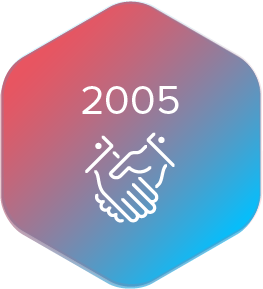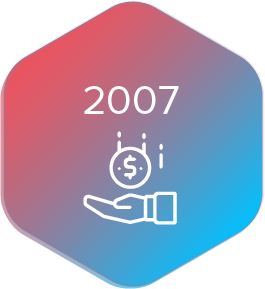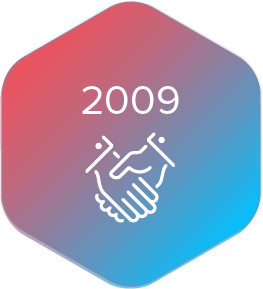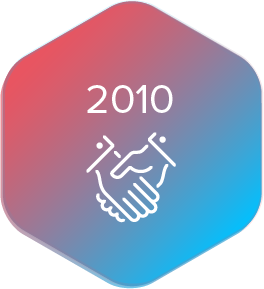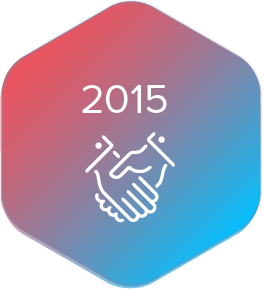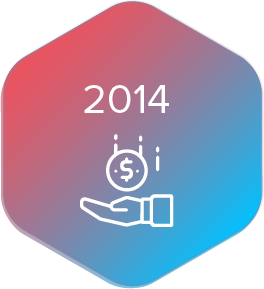What are the Pros and Cons of a VoIP System?

What is VoIP?
According to Wikipedia and numerous other sources, Voice over Internet Protocol is a technology that transmits voice communication over the internet. It refers to the provisioning of communication services (voice, fax, SMS, voice-messaging) over the public Internet, rather than through the public switched telephone network (PSTN).
Apart from being a more convenient and advanced alternative to traditional calling, VoIP has numerous usages, and there are multiple ways to place a VoIP call.
Sometimes it is used as ATA or analog telephone adaptor, a VoIP Phone, Computer-to-computer VoIP, and PABX.
Enterprises are known to benefit by adding voice to a data network largely. It frees them from having to install expensive phone lines and directly hooks them into the existing broadband network (source: pcworld.com)
On this note, let us look at some of the advantages that VoIP offers:
- Communication over IP network significantly is a cheaper than fixed networks used for long distance calling. The long-drawn procedure of installing expensive hardware can be avoided with VoIP. Moreover, heavy bills can also be avoided.
- A wide range of features such as voicemail, call forwarding, conference calling, auto attendant, etc can be availed with a competent VoIP technology. Users can also organize their incoming and outgoing calls effectively.
- Considering its mobility, one does not have to depend on the physical location or network coverage for calls as long as they are connected to broadband or Wi-fi. Virtual numbers can also be accessed using any Internet-enabled device, PC phone, imp phone, pub, etc.
According to HowStuffWorks, VoIP also has its disadvantages:
- Problems emerge with VoIP during blackouts and power cuts. Regular phones still work without power supply. However, VoIP systems need a steady power supply.
- Emergency 911 calls are a challenge with VoIP. Traditional phones can track your location. However, VoIP uses IP-addressed phone numbers that cannot be associated with a geographic location.
- VoIP calls are susceptible to all the hiccups usually associated with home broadband services. All of these factors affect call quality: latency, jitter and packet loss. Phone conversations can become distorted, garbled or lost because of transmission errors. Some stability in Internet data transfer needs to be guaranteed before VoIP could truly replace traditional phones
- VoIP is also conducive to viruses and hacking, although VoIP encryption to counter this.
- In VoIP, some calls are subject to the limitations of typical computer issues. The VoIP telephone system is dependent on the PCs of various specifications and power. Calls can be affected by processor drain, and quality loss becomes evident. In case your system crashes, the VoIP call comes to a halt.
Despite its disadvantages, you can avail maximum benefit from Voice over IP with alternatives that are not dependent on computer systems. We are suggesting a hybrid-OTT system which incorporates the advantages of traditional Telco and VoIP.
Kirusa’s InstaVoice ReachMe is a versatile VoIP app that incorporates multiple features apart from enabling free incoming and affordable outgoing calls over data or WiFi. You can configure and forward calls to the app in case your phone is unreachable without worrying about having a stable mobile network.
It also offers a cloud-powered visual voicemail system, converts voicemails to texts, and offers virtual numbers that you can buy for US, UK, France, and Canada.
The ultimate solution against exorbitant roaming rates, ReachMe combines the flexibility of VoIP while retaining the dependability of traditional telco.








